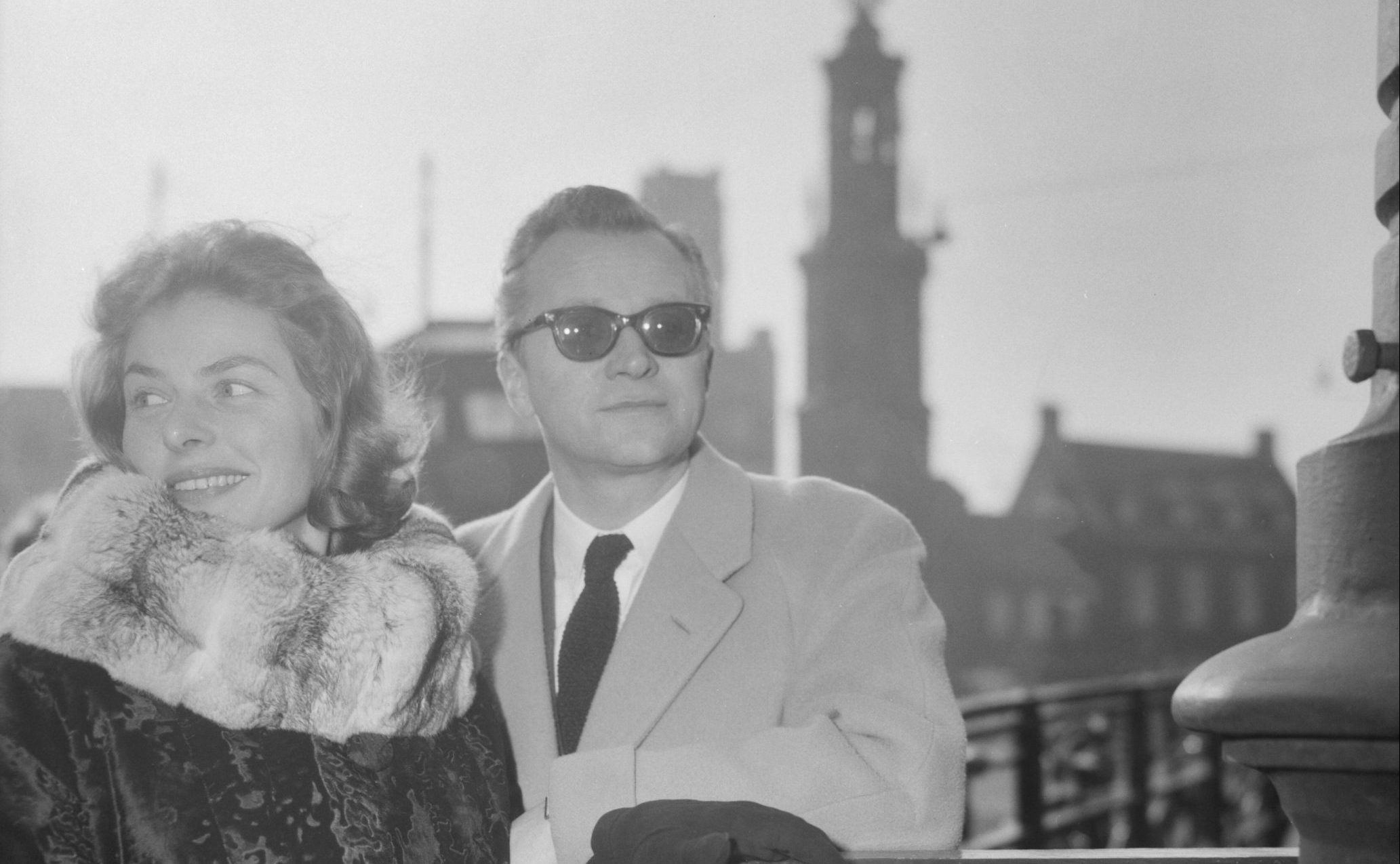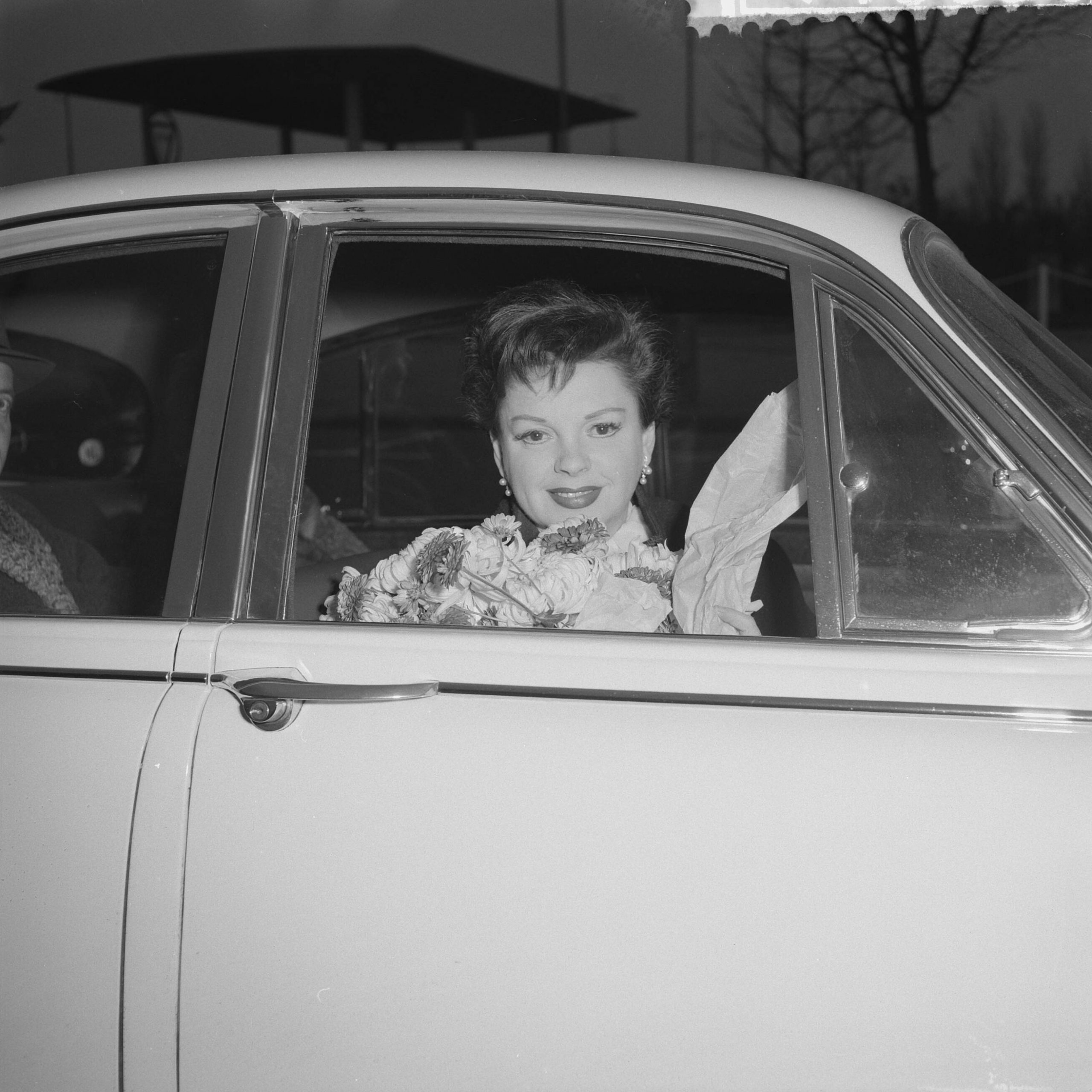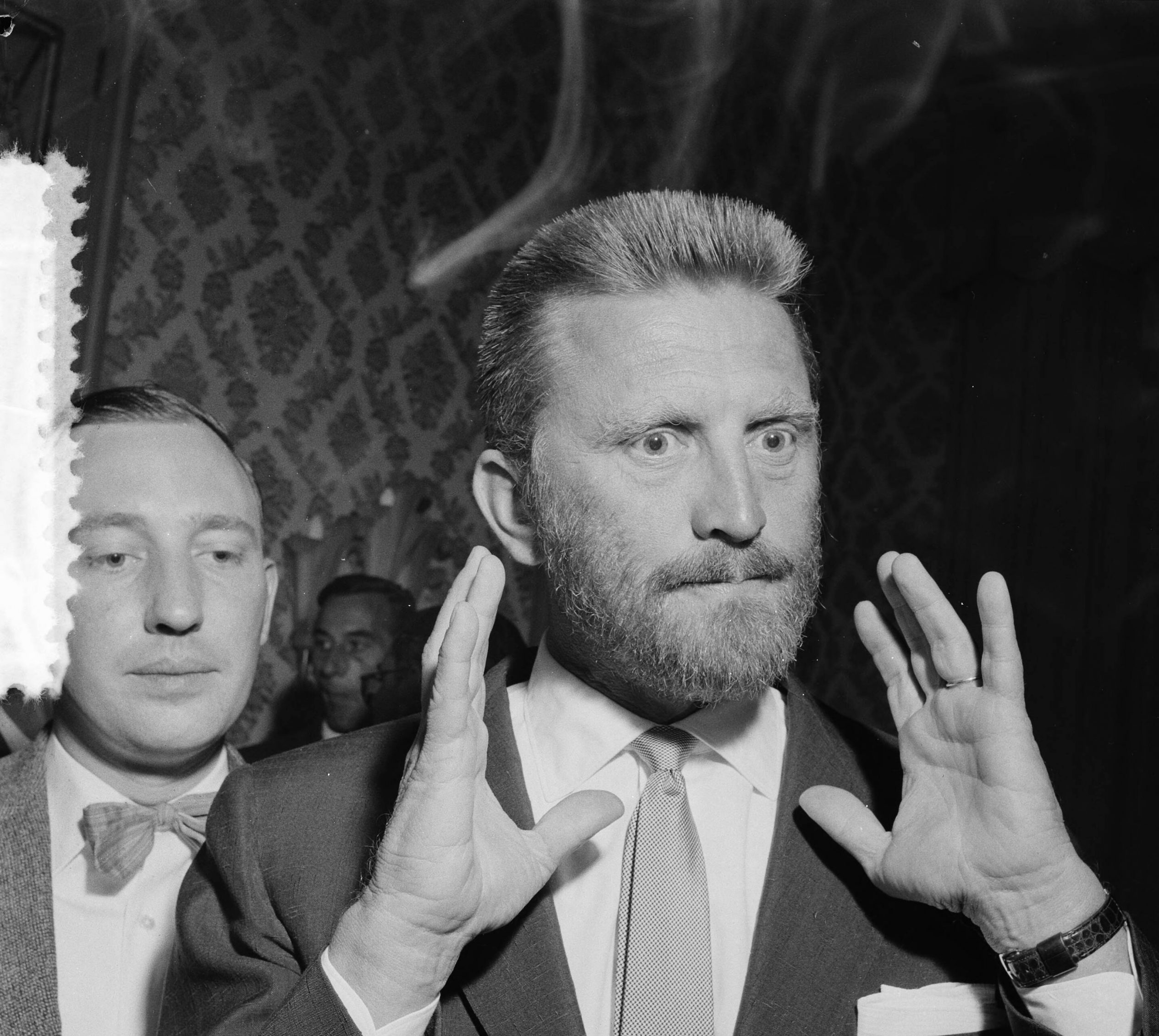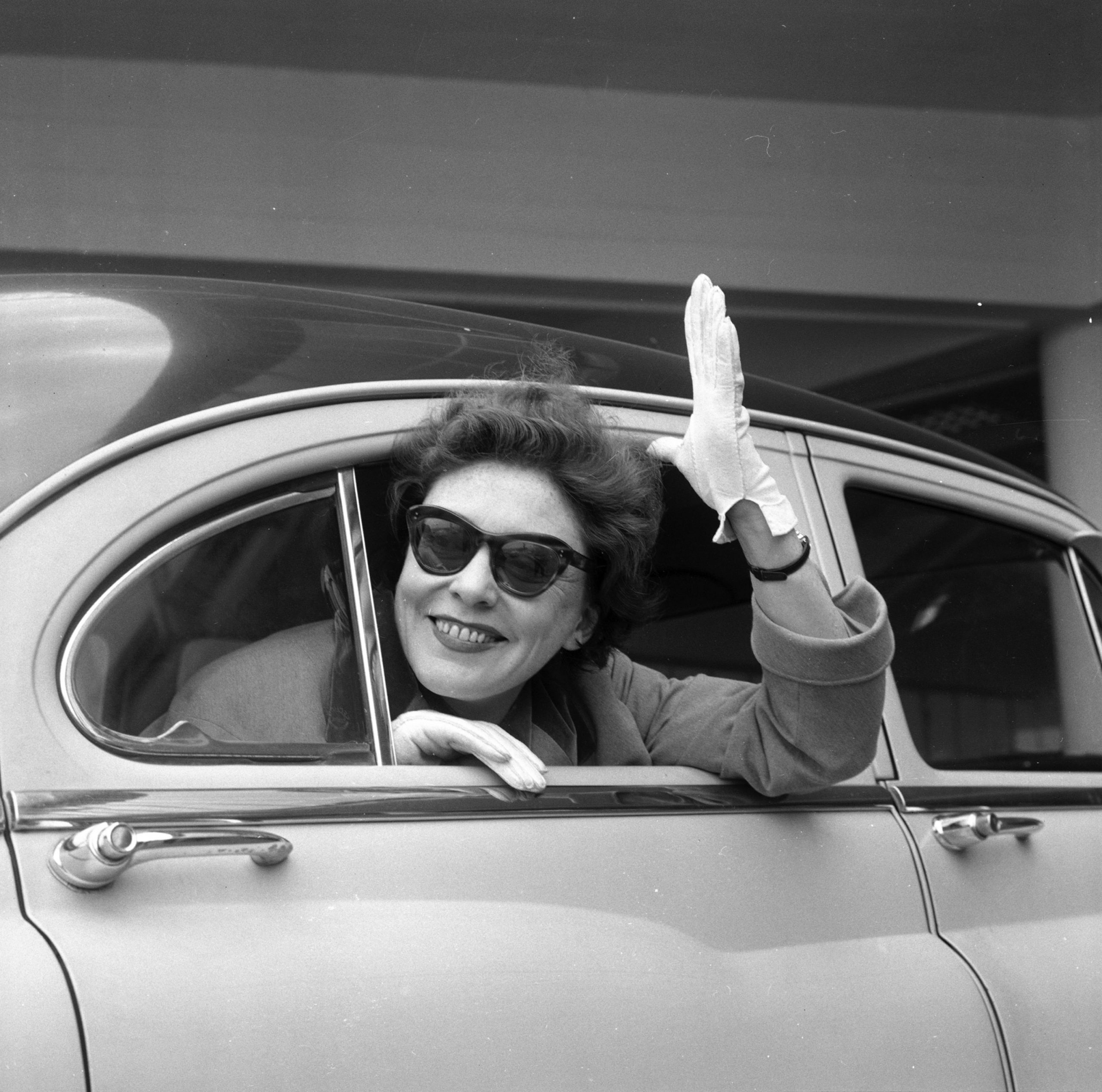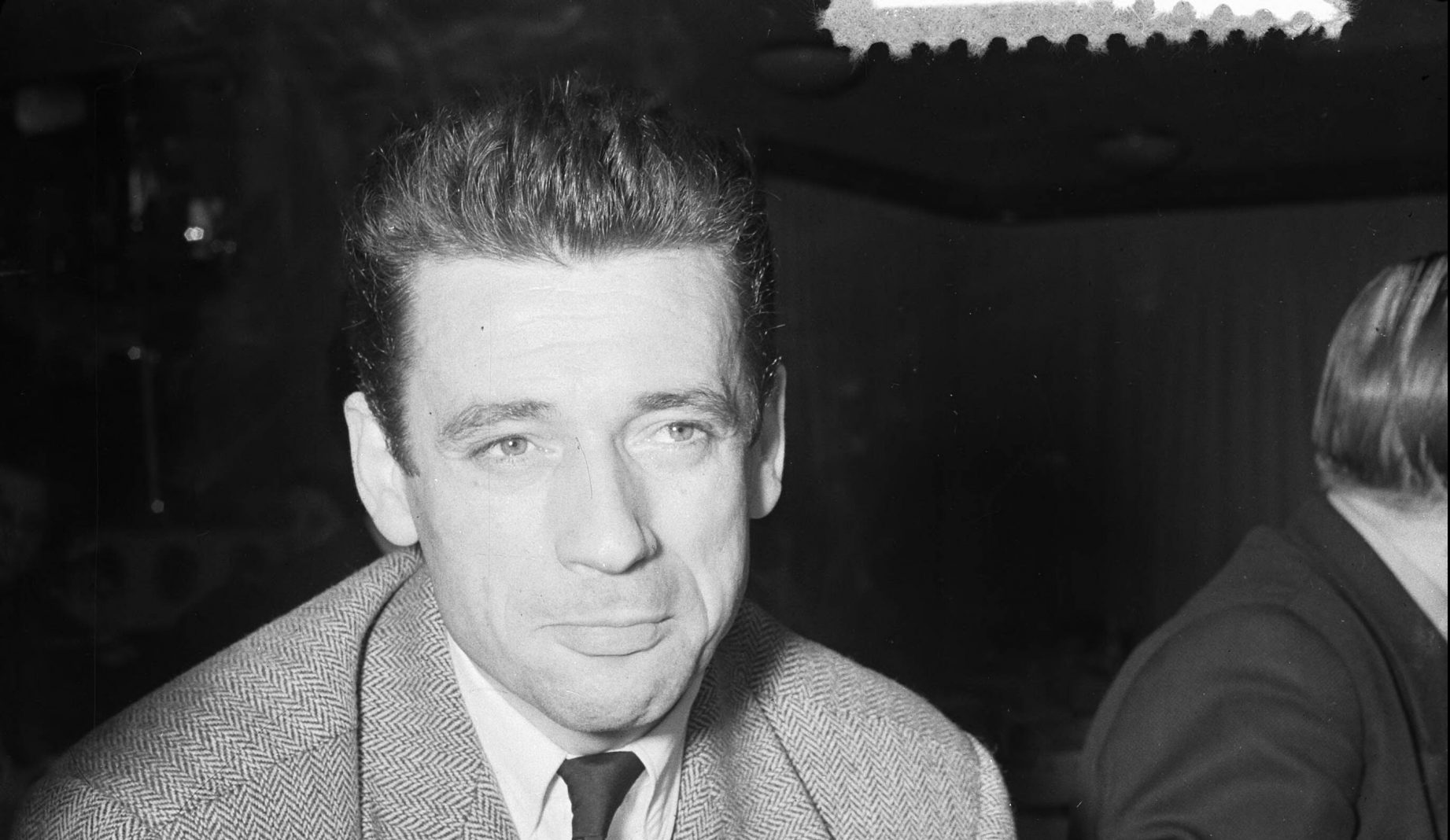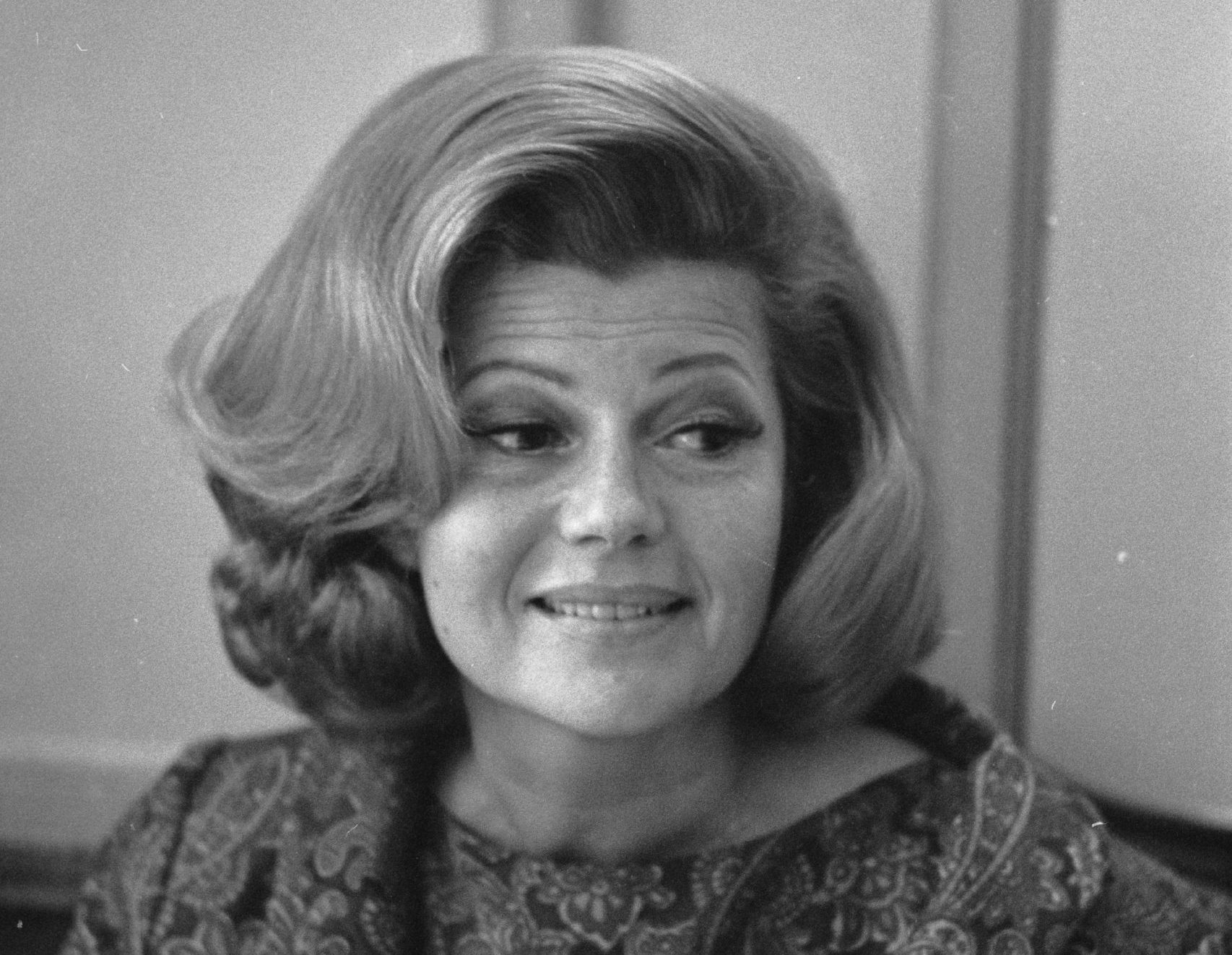It was on December 7, 1931, that the name Cary Grant saw the light of day: at the age of 27, Grant, who was born Archibald Leach in Bristol, England, signed his contract with the Hollywood studio Paramount. The name Archibald Leach didn’t seem appropriate for a Hollywood actor to Paramount – so they gave him the task of coming up with a name that better suited an aspiring Hollywood actor.
A year later, he starred alongside Marlene Dietrich in the Josef von Sternberg film Bonde Venus. The film poster has Marlene Dietrich’s name above the title – Cary Grant’s name is third. Blonde Venus was the film that first brought Cary Grant to the attention of a wider audience – although Marlene Dietrich was clearly the focus of Josef von Sternberg’s directing.
Broadway and stand-up comedian
Cary Grant was able to draw on numerous experiences on Broadway before he became famous in Hollywood in the thirties: Cary Grant gained acting experience as a stand-up comedian in the twenties. With a group called The Walking Stanleys, Cary Grant went on a tour of the United States in the early twenties. In 1924, as part of a tour, he visited Los Angeles for the first time – the Hollywood film industry left a deep impression on him.
Grant’s career did not begin on the big screen: early in his career he learned to improvise. Cary Grant was a successful stand-up comedian for a reason: he knew how to drop the right word at the right moment to make the audience laugh. Grant’s comedic disposition found its way into many of his Hollywood movies: Even as a performer of serious roles, Cary Grant knew how to use comedic dialogue to balance tragic film material.
Cary Grant and Katharine Hepburn
It was Katharine Hepburn who asked Cary Grant to film The Philadelphia Story in 1940. Hepburn owned the film rights and decided on the main cast: the film was a huge success.
Hepburn had met Cary Grant while filming Sylvia Scarlett (1935). It was the first of four films in which Grant and Hepburn starred together. Although Sylvia Scarlett passed as a flop, the film took a crucial role in the careers of Grant and Hepburn. Cary Grant and Katharine Hepburn starred again in the screwball comedy Bringing Up Baby in 1938 and in Holiday in the same year.
Alfred Hitchcock
It wasn’t long before Cary Grant came to the attention of one of the greatest directors of the 20th century: Alfred Hitchcock. Alongside Joan Fontaine, Hitchcock cast Cary Grant in Suspicion (1941). In the four Hitchcock films in which Cary Grant starred, Grant always played mysterious roles: Often it was not revealed to the audience until the end of the film whether Grant’s character was the culprit in the film. The audience did not expect Cary Grant to play a criminal – and yet Hitchcock managed to unsettle audiences by having all the clues point to Grant as the villain. The resolution didn’t follow until the end of the movies: After all, it was the explicit instruction of the studios at the time that Cary Grant was not allowed to play a murderer.
Grace Kelly
Cary Grant soon broke away from the Hollywood studio system: from the mid-fifties, Grant decided for himself which films he wanted to star in, which actors he wanted to play alongside and which director was to direct his movies. To Catch a Thief was the first film Cary Grant starred in after his independence from the Hollywood studio system. His role as former jewel thief John Robie alongside Grace Kelly was one of the most defining roles in Cary Grant’s acting career. Grant described Grace Kelly as “possibly the most professional actress I ever played with.” Cary Grant never had a similar experience as with Grace Kelly again.
Sophia Loren and last collaboration with Hitchcock
In the fifties, Grant also starred in two films together with Sophia Loren: In Pride and Passion (1957) and Houseboat (1958), both actors shone side by side. Pride and Passion was the first US production with Sophia Loren. With her role in Houseboat, Sophia Loren became known to an international audience. Together with Cary Grant, Sophia Loren had her first success in Hollywood.
At the end of the fifties, Cary Grant worked with Alfred Hitchcock for the fourth and last time. In North by Northwest (1959), Cary Grant plays Roger Thornhill, an advertising executive who becomes involved in secret service affairs and must flee across the United States. The film’s showdown on Mount Rushmore remains in the memory of many Cary Grant lovers to this day.
Cary Grant as James Bond?
The James Bond producing team of Albert R. Broccoli and Harry Saltzman originally had Cary Grant in mind for the role of James Bond. After his role in North by Northwest, this was no surprise. But Cary Grant made it clear that he would only be available for a single film – not for the filming of the entire James Bond franchise, as Saltzman and Broccoli planned. In the end, the choice fell on Sean Connery.
In 1963, Cary Grant played a signature role for the last time: alongside Audrey Hepburn and Walter Matthau, Grant starred in Charade. Charade became known as “the best Hitchcock film that Hitchcock himself never made.” The story borrows heavily from a Hitchcock-style detective story and features numerous twists and turns. Henry Mancini’s score and the Paris location make the film seem even more appealing.
In 1966, Cary Grant retired from the big screen with the birth of his daughter Jennifer. In the following twenty years he devoted himself to raising his daughter and was active as a businessman. Cary Grant died on November 29, 1986 at the age of 82.
Main sources: McGann, Graham: “Cary Grant – A class apart”, 1997 HarperCollins & the English wikipedia article on Cary Grant
Cover picture: © Simon von Ludwig

 Deutsch
Deutsch
